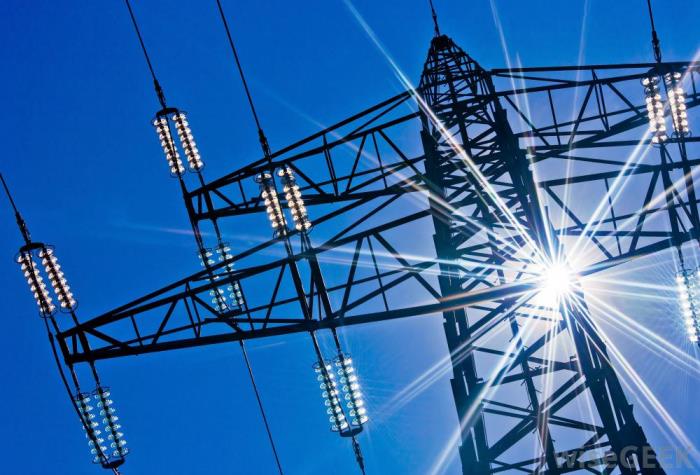The Federal government of Nigeria has signed an implementation agreement for the Nigeria Electrification Roadmap (NER), a partnership between governments of Nigeria and Germany and Siemens AG, to upgrade Nigeria’s power transmission and distribution infrastructure.
Also Read:Nigeria to upgrade its 7 critical transmission power lines
Improving power transmission
The agreement which was signed between Nigeria’s President Muhammadu Buhari and Siemens’s Global Chief Executive Officer, Mr Joe Kaeser, states that Siemens, Transmission Company of Nigeria and the regulator will work hand in hand to achieve 7,000MW and 11,000MW of reliable power supply by 2021 and 2023 in the first and second phases of the deal, respectively. By 2025 when the contract will lapse, a total of 25,000MW is expected to have been met.
“We all know how critical electricity is to the development of any community or indeed any nation. And in Nigeria, while we are blessed to have significant natural gas, hydro and solar resources for power generation, we are still on the journey to achieving reliable, affordable and quality electricity supply necessary for economic growth, industrialization and poverty alleviation,” said President Buhari.
On his part, Kaeser said that the signed deal will will significantly enhance the country’s power supply and gets the country to the next industrial phase. “Transmission and distribution systems had remained major constraints in Nigeria. However now, we have an excellent opportunity to address the electricity problem.”
